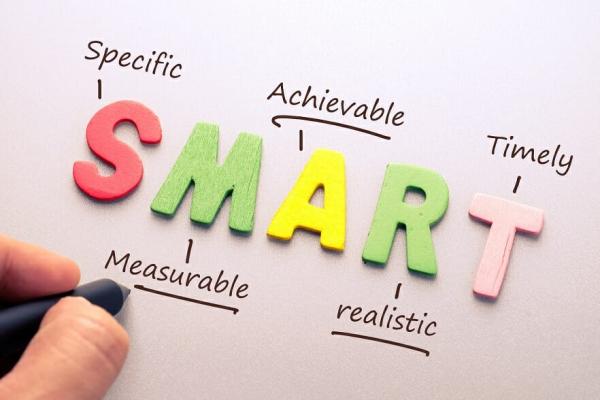12 Proven Strategies to Work Smarter, Not Harder | |||
 1,738 1,738  0 0  0 0 | |||
| Working smarter, not harder, is a timeless principle advocating for increased efficiency and effectiveness over mere brute effort. It's about optimizing workflows, utilizing resources wisely, and prioritizing tasks to achieve more in less time, ultimately leading to better results and improved well-being.
Here are 12 strategies to help you work smarter:
Establish a Morning RoutineStarting your day with a structured routine sets a positive tone and improves focus. Design a routine that suits your needs, which might include:
A consistent morning routine helps you feel grounded and prepared to tackle your tasks.
Keep Your To-Do List Short and ManageableOverloading your to-do list can lead to overwhelm and decreased productivity. Instead of listing every possible task, prioritize and select a few key items to focus on for the day. Break down large tasks into smaller, more manageable steps. This approach promotes a sense of accomplishment and keeps you from feeling buried under a mountain of work.
Establish a Closing RoutineJust as a morning routine sets the tone for the day, a closing routine helps you wind down and prepare for the next. This can include:
A closing routine fosters a sense of completion and allows you to leave work behind mentally.
Block Your Calendar StrategicallyCalendar blocking involves scheduling specific time slots for tasks, meetings, and even breaks. This technique helps you allocate your time effectively, prevent overcommitment, and minimize distractions. Be realistic about how long tasks will take and factor in buffer time for unexpected interruptions.
Respond Quickly and EfficientlyPromptly addressing emails and messages helps you stay on top of your workload and avoid bottlenecks. Aim to respond within a reasonable timeframe, even if it's just to acknowledge receipt and indicate when you can provide a more detailed response. Employ templates for frequently asked questions to save time.
Measure Your Results, Not Your TimeFocusing solely on the hours spent working can be misleading. Instead, prioritize measuring your output and the impact of your work. Track key performance indicators (KPIs) that reflect your progress toward goals. This results-oriented approach helps you identify areas where you can improve efficiency and maximize your contributions.
Enhance Your Communication SkillsEffective communication is crucial for collaboration, delegation, and problem-solving. Develop your skills in:
Strong communication skills build rapport, prevent misunderstandings, and streamline workflows.
Make Meetings ProductiveMeetings can be significant time sinks if not managed effectively. To ensure meetings are productive:
Work in 90 to 120-Minute Blocks (Pomodoro)Research suggests that the human brain can maintain focused concentration for a limited period, typically around 90 to 120 minutes. Working in these blocks, followed by short breaks, can help you maximize productivity and prevent burnout. Experiment with different durations to find what works best for you. This is similar to the Pomodoro Technique.
Focus on One Task at a TimeMultitasking is often less efficient than focusing on one task at a time. When you switch between tasks, it takes time for your brain to re-engage and refocus. This can lead to errors, decreased quality, and increased stress. Concentrate on completing one task before moving on to the next, giving it your full attention.
Set Short, Realistic DeadlinesDeadlines create a sense of urgency and can help you overcome procrastination. Instead of relying on distant deadlines, break down projects into smaller tasks with shorter, more frequent deadlines. This approach keeps you motivated and allows you to track your progress more effectively.
Practice Stress Management TechniquesPrioritizing your well-being is essential for sustained productivity. Incorporate stress management techniques into your daily routine, such as:
Managing stress helps you stay focused, energized, and resilient. Tags: Improve Communication Skills Productivity Tips SMART Time Management Work Efficiency Strategies Work Smarter Not Harder | |||
| |||
| | |||
|
 3350
3350 